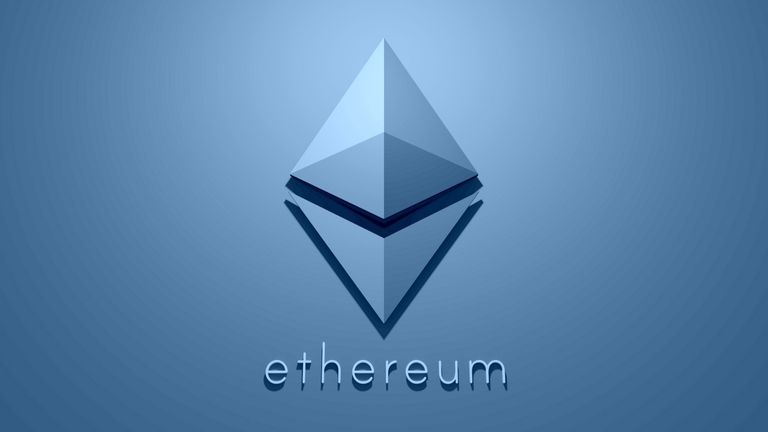Introduction
Ethereum is a decentralized, open-source blockchain platform that enables the creation of decentralized applications and smart contracts. It was founded in 2013 by Vitalik Buterin and has since become the second-largest cryptocurrency by market capitalization.
History
Ethereum was first proposed in 2013 by Vitalik Buterin, a Canadian programmer, who saw the need for a platform that would enable developers to build decentralized applications. Buterin had previously been involved in the Bitcoin community and had written several articles on the potential of blockchain technology. He believed that the capabilities of Bitcoin were limited, and a more robust platform was needed.
Launch and Development
Ethereum was officially launched in July 2015, and the first version of its blockchain, called "Frontier," went live. Over the next few years, Ethereum's development team worked on several updates and upgrades to the platform, including the addition of the Ethereum Virtual Machine (EVM), which enables developers to build and run smart contracts on the Ethereum network.
The DAO Attack and Hard Fork
In June 2016, a major security vulnerability in Ethereum was discovered, and hackers were able to steal more than $50 million worth of Ether, Ethereum's native cryptocurrency. This event, known as "The DAO Attack," caused significant controversy within the Ethereum community, and the decision was made to perform a hard fork, which would effectively create a new version of the Ethereum blockchain, without the stolen funds. This event marked the birth of Ethereum Classic, a separate cryptocurrency that continued to use the original Ethereum blockchain.
Emergence as a Leading Platform
Despite the challenges faced in its early years, Ethereum has continued to grow and evolve, and is now considered to be the leading platform for decentralized applications and smart contracts. Its popularity has been fueled by the rise of decentralized finance (DeFi) and non-fungible tokens (NFTs), both of which have seen tremendous growth in recent years.
Conclusion
In conclusion, Ethereum has come a long way since its launch in 2015 and has established itself as a leading platform for decentralized applications and smart contracts. Its ability to host a wide variety of decentralized applications and its support for smart contracts has made it a popular choice for developers, investors, and businesses alike. With the continued growth and development of the Ethereum ecosystem, it is likely that we will continue to see new and exciting applications of this technology in the years to come.

** Your post has been upvoted (16.28 %) **
Curation Trail is Open!
Join Trail Here
Delegate more BP for bigger Upvote + Daily BLURT 😉
Delegate BP Here
Upvote
https://blurtblock.herokuapp.com/blurt/upvote
Thank you 🙂 @tomoyan